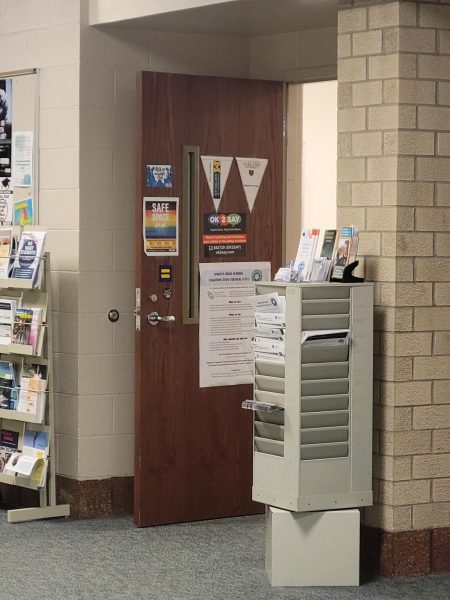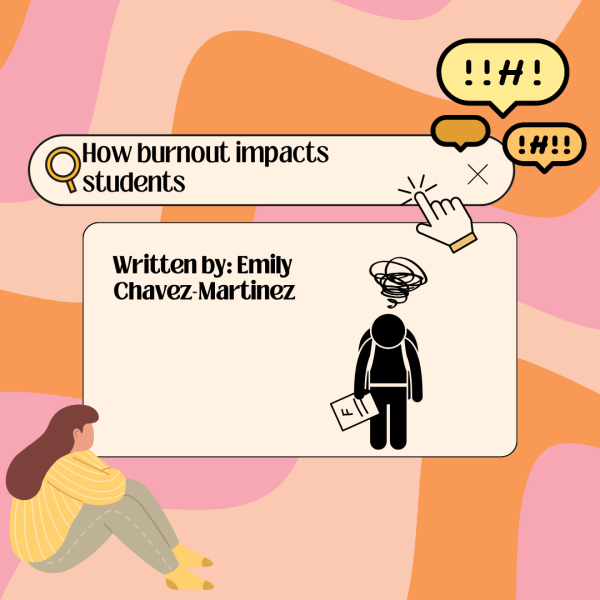Respiratory syncytial virus
RSV (Respiratory Syncytial Virus) is a common respiratory virus called the respiratory syncytial virus (RSV) typically causes mild, cold-like symptoms. The most frequent cause of pneumonia and bronchiolitis (inflammation of the tiny airways in the lung) is RSV (infection of the lungs). among children in the United States under the age of one.
What are the symptoms of RSV and how to take care of it?
The symptoms of RSV are cold like symptoms such as:
- Runny nose
- Decrease in appetite
- Coughing
- Sneezing
- Fever
- Wheezing
Usually, these symptoms develop over time and not all at once. RSV may only cause irritation, decreased activity, and breathing issues in incredibly young infants. By the time they turn two, all children will have experienced an RSV infection.
How to take care of RSV
Infections with RSV typically disappear on their own in a week or two. RSV infection does not currently have a specific therapy, although scientists are striving to create vaccinations and antivirals (medicines that fight viruses). Use over-the-counter painkillers and fever reducers, such as acetaminophen or ibuprofen, to control pain and temperature. Take in adequate liquids. It’s critical for those with RSV to consume adequate water to avoid dehydration.
Transmission and Prevention
RSV and spread through:
- An infected person coughs or sneezes
- You get virus droplets from a cough or sneeze in your eyes, nose, or mouth
- You have direct contact with the virus, like kissing the face of a child with RSV
- You touch a surface that has the virus on it, like a doorknob, and then touch your face before washing your hands.
People infected with RSV are usually contagious for 3 to 8 days and may become contagious a day or two before they start showing signs of illness. However, some infants, and people with weakened immune systems, can continue to spread the virus even after they stop showing symptoms, for as long as 4 weeks. Children are often exposed to and infected with RSV outside the home, such as in school or childcare centers. Nearly all children contract RSV before their second birthday, usually for the first time when they are infants or toddlers. However, people of any age can contract the virus again throughout their lives. Children and adults in good health tend to experience fewer severe infections than newborns and older people with specific medical issues. Those who are most at risk for developing serious illnesses are.
Who is most likely to have this virus?
The people who are at higher risk of RSV are:
- Premature infants
- Young children with congenital (from birth) heart or chronic lung disease
- Young children with compromised (weakened) immune systems due to a medical condition or medical treatment
- Children with neuromuscular disorders
- Adults with compromised immune systems
- Older adults, especially those with underlying heart or lung disease
Other information:
RSV can potentially result in more serious infections including pneumonia and bronchiolitis, which affect the lungs’ small airways and cause inflammation. It is the most frequent cause of pneumonia and bronchiolitis in children under the age of one. Infants and healthy people who contract RSV typically do not require hospitalization. However, certain RSV patients, particularly older adults and infants under the age of six months, can require hospitalization if they have breathing difficulties or are dehydrated. In the most serious circumstances, a patient might need intubation, IV fluids, more oxygen, or both. Using mechanical ventilation Hospitalization in the majority of these situations only lasts a few days.
Your donation will support the student journalists of Dakota High School. Your contribution will allow us to purchase equipment and cover our annual website hosting costs.

This is Ericka Stamps. Ericka is in 12th grade. Ericka likes to tell a lot of stories. Ericka is a cheerleader at Dakota. Ericka plans to write stories...











Colin Mikla • Nov 22, 2022 at 10:54 am
Interesting topic!
Chris Goff • Nov 22, 2022 at 8:55 am
Now I know to be careful and wash my hands even more than before